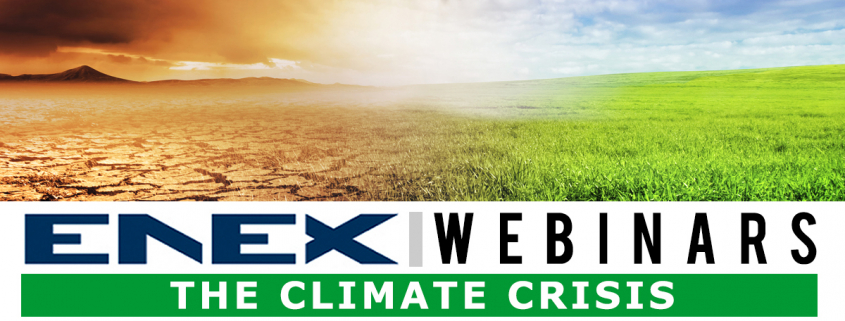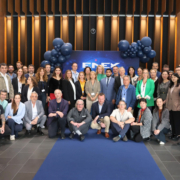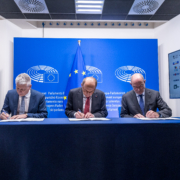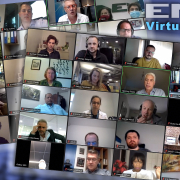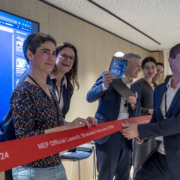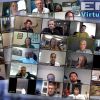Can Covid-19 Teach Us How To Save The Planet?
After Biden’s win it looks like the USA will rejoin the Paris Accords to limit carbon emissions and reduce global warming. By itself that won’t be enough to limit climate change. In our ENEX webinar series we tackled what needs to be done and whether or not the response to Covid can show us the way to save the planet.
September 2020 was the hottest month ever recorded. Millions of acres in California have been scorched by devasting wildfires producing the region’s first ever ‘’gigafire’’. In Siberia, land normally covered in snow has instead hosted uncontrollable fires that spew carbon emissions into the atmosphere, adding to the still climbing toll of pollutants produced by human activity. Many scientists believe it is already too late to avert a global disaster.
But the Covid pandemic has shown us how society can rapidly change and adapt to new realities. Pollution levels plummeted during lockdown. Efforts to build more sustainable and green economies have been accelerated. When we emerge from the pandemic, will it have taught us how to solve climate change?
+++ This is a remastered edit of the LIVE Webinar from 28. October 2020 +++
with Richard Calland
Associate Professor in Public Law University of Cape Town Richard Calland has thirty years of experience in law, politics and sustainability. He practiced law at the bar for seven years before moving to South Africa in 1994 to work on the country’s founding democratic election. He is now based at the University of Cape Town (UCT) as an Associate Professor in Public Law. Richard is a Fellow of the University of Cambridge’s Institute for Sustainability Leadership (CISL) and has advised a large number of organizations including the World Bank.He Is a prominent political analyst, and a columnist.
+++++++++++++++++
Emily Shuckburgh
Director of Cambridge Zero University of Cambridge Dr Emily Shuckburgh is Director of Cambridge Zero at the University of Cambridge and Reader in Environmental Data Science at the Department of Computer Science and Technology. She is a mathematician and climate scientist and a Fellow of Darwin College, a Fellow of the Cambridge Institute for Sustainability Leadership, an Associate Fellow of the Centre for Science and Policy and a Fellow of the British Antarctic Survey.
++++++++++++++++++
Gary Kendall
Strategy & Sustainability Advisor, Systems Thinker, Natural Scientist Dr Gary Kendall has been working at the intersection of business strategy and systemic risk for more than a decade. Prior to joining Nedbank in November 2013, he was Deputy Director at the University of Cambridge Institute for Sustainability Leadership (CISL) in Cape Town for 3 years, helping business leaders in Southern Africa to understand the mounting system pressures that will reshape their operating context. Gary previously served as Executive Director at SustainAbility, a hybrid think-tank and strategy consultancy based in London, where he advised numerous blue-chip organisations
++++++++++++++++++
with the cooperation of the University of Cambridge This webinar video contains video sequences with copyright University of Cambridge, usage approved by the University of Cambridge. This webinar video also contains several photos from Unsplash.com and Shutterstock. Shutterstock images used in the video are licensed to Adrian Wells / Managing Director ENEX

